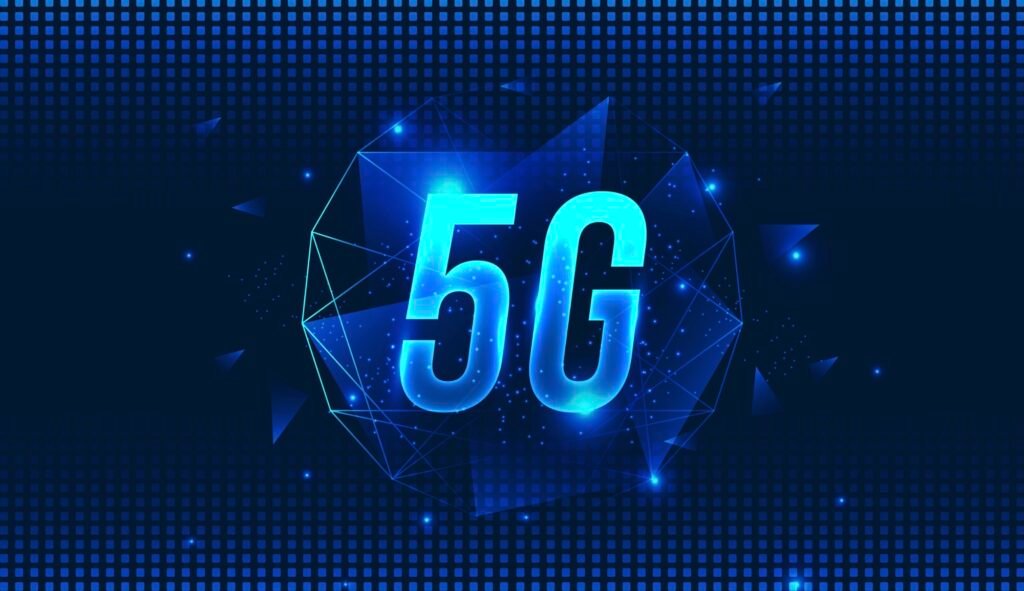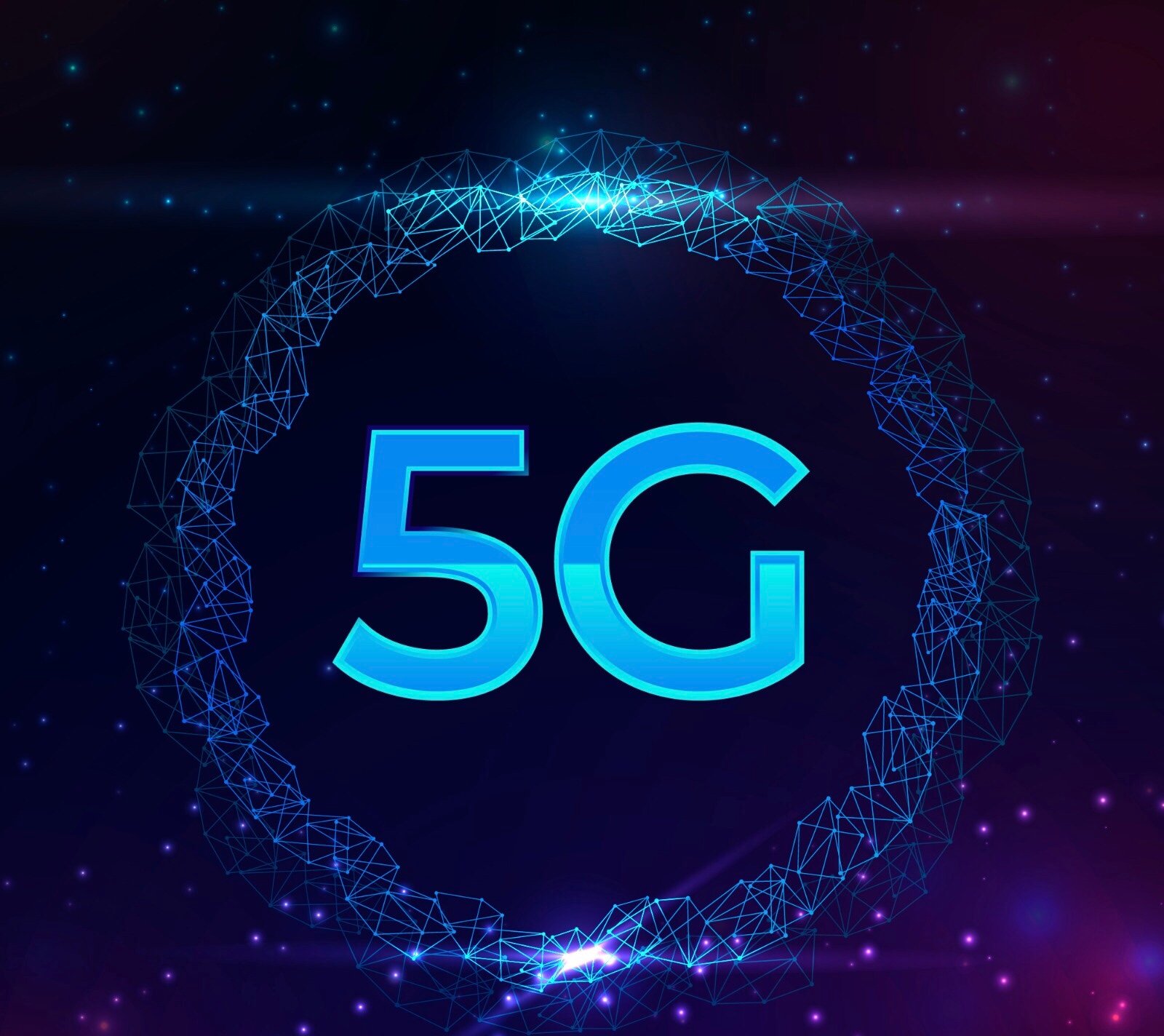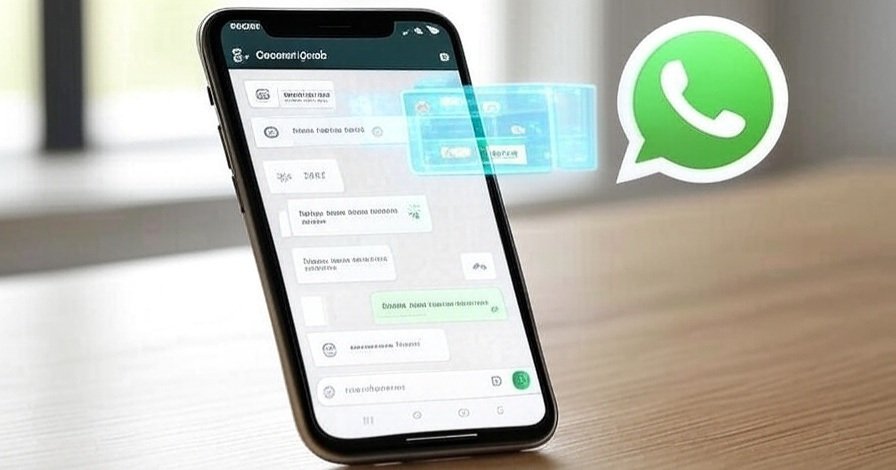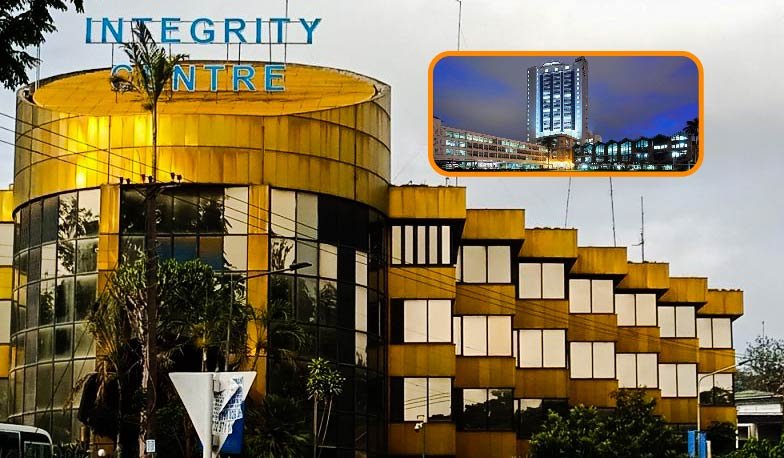5G technology is set to ignite a new wave of growth for African businesses with unmatched speed and connectivity. From agriculture to fintech, this article uncovers the transformative potential of 5G across key sectors and how businesses can harness it for success.
Africa is on the brink of a digital transformation, with 5G technology promising to reshape how businesses operate. The arrival of 5G is more than just faster internet; it’s a catalyst for change, offering quicker connectivity, real-time data, and the ability to support a vast number of devices simultaneously. For businesses in Africa, this means unlocking new efficiencies and opportunities in a rapidly evolving digital world.
From streamlining operations to connecting rural industries with the global market, 5G could be the key to Africa’s economic acceleration. Let’s explore how this revolutionary technology will impact various sectors and how businesses can tap into this momentum.
- Accelerating Business Efficiency with Faster Connectivity
5G promises lightning-fast speeds and near-zero latency, opening doors for African businesses to operate on a global scale with seamless efficiency.
What to Expect:
Reduced Latency: With data transmission happening almost instantly, businesses will enjoy real-time communication, which is essential for industries like logistics and manufacturing.
Scalability: The increased capacity of 5G allows for more devices to be connected without delays, which is a game-changer for IoT-reliant industries like healthcare and transportation.
Enhanced Collaboration: Teams, both local and international, will be able to collaborate more effectively through high-quality video conferencing and real-time file sharing.
In Kenya, Safaricom has already begun rolling out 5G services, with businesses in agriculture, retail, and healthcare poised to reap the rewards of this leap in connectivity.
- Boosting E-Commerce and Fintech Expansion
The rapid growth of mobile internet usage has already transformed Africa’s e-commerce landscape, and 5G is set to take it even further.
What to Expect:
Faster Transactions: With 5G, online payments will be smoother and faster, enhancing customer trust and enabling businesses to handle larger transaction volumes.
Immersive Customer Experiences: Augmented reality shopping and personalized recommendations will become the norm, transforming how customers interact with e-commerce platforms.
Fintech Growth: Fintech companies will expand their services faster, leveraging 5G for secure and instantaneous mobile banking, insurance, and digital payment solutions.
Fintech pioneers like Flutterwave and Paystack in Nigeria are already paving the way, and with 5G, their ability to innovate and expand will only increase.

- Transforming Agriculture with Smart Farming
Agriculture, Africa’s backbone, employs over 60% of the continent’s population. With 5G, the agricultural sector could experience a technological overhaul, boosting productivity and food security.
What to Expect:
Precision Farming: 5G will enable farmers to use IoT devices to gather real-time data on soil health, weather, and crop growth, leading to higher yields and more efficient resource use.
Drone and Robotics Integration: From monitoring crops to automating harvesting, drones and robots will become crucial tools for farmers looking to cut costs and increase efficiency.
Bridging the Rural Connectivity Gap: By bringing the internet to underserved rural areas, 5G will empower farmers with access to critical market and agricultural information.
In Rwanda, efforts to integrate 5G in agriculture are already underway, with partnerships forming to revolutionize farming through smart solutions.
- Revolutionizing Healthcare Through Telemedicine
Africa’s healthcare system is poised for transformation with 5G, enabling remote consultations and advanced diagnostics for millions.
What to Expect:
Telemedicine: Doctors will be able to provide virtual consultations in real time, especially in remote areas with limited access to medical services. This could even extend to remote surgeries through robotics.
Wearable Health Devices: Healthcare providers can monitor patients through wearables, tracking their vital signs and providing care more proactively.
AI-Powered Diagnostics: With faster data processing, AI in healthcare will reach new heights, offering quick and accurate diagnostics for better patient outcomes.
Vodacom’s rollout of 5G-enabled telemedicine solutions in South Africa has already brought critical healthcare services to rural populations, highlighting the potential impact of this technology.
- Transforming Education and Workforce Training
Africa’s education sector faces numerous hurdles, but 5G could open doors for immersive learning and virtual classrooms.
What to Expect:
Immersive Learning Experiences: Virtual reality and augmented reality can make learning more interactive, bridging the gap between theory and practice in areas like medicine and engineering.
Remote Education: With 5G, the quality of e-learning will improve, offering students in rural areas a chance to access top-tier educational resources without limitations.
Workforce Training: Businesses can offer remote training programs using virtual workshops and live seminars, making upskilling employees easier and more effective.
Leading telecom providers like MTN are already trialing 5G-powered learning platforms to expand access to education across Africa.
- Overcoming Challenges in 5G Adoption
The promise of 5G comes with its own set of challenges that African businesses must consider as they prepare for this digital shift.
Key Considerations:
Infrastructure Costs: Building the infrastructure to support 5G across Africa is a costly endeavor. Public-private partnerships will be essential to drive adoption in underserved regions.
Cybersecurity Risks: With increased connectivity comes heightened cybersecurity concerns. Businesses must invest in robust cybersecurity measures to protect against potential threats.
Skills Development: As 5G becomes more integrated into everyday operations, businesses will need to train their workforce to fully utilize the technology’s potential.
5G technology holds the key to unlocking Africa’s business potential, bridging the digital divide, and setting the stage for a future of innovation, efficiency, and growth. Businesses that embrace 5G now will have a competitive edge, offering better services and reaching untapped markets.






You must be logged in to post a comment.